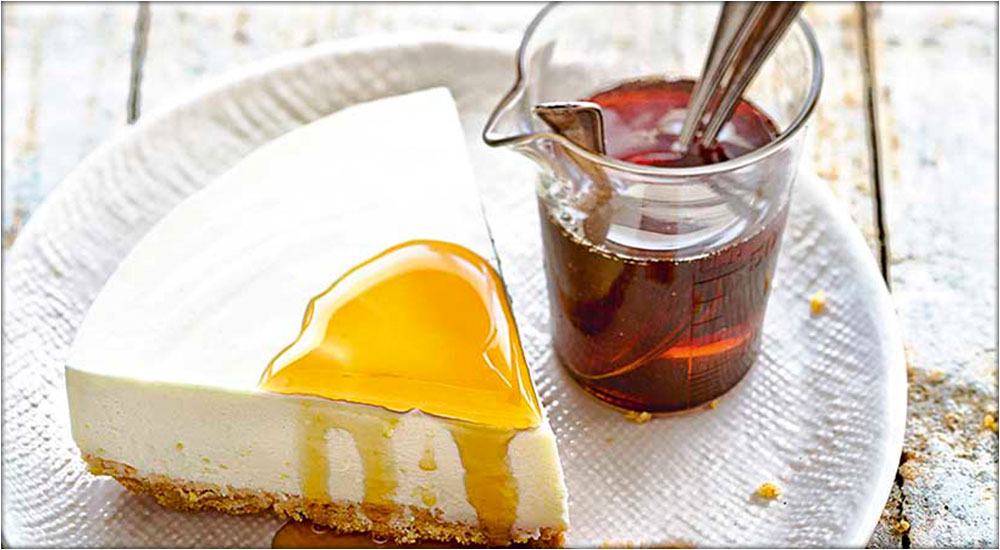Coconut Ice Cream
- 20 Apr - 26 Apr, 2024

Maple syrup provides 260 calories per 100gm; 0.1g fat, 67g of carbohydrates, 12 of sodium and 212mg of potassium.
· Eighty percent of the world’s maple syrup comes from Canada
· It takes about 40 litres of sap to make one litre of maple syrup.
· The first written account of maple syrup production comes from 1606. Marc Lescarbot, a lawyer and writer in Acadia, describes the area’s indigenous peoples collecting “maple water” and “distilling” it to make syrup.
· A 60ml portion of maple syrup contains 100 per cent of your recommended daily allowance of manganese, as well at 37 per cent of riboflavin, 18 per cent of zinc, 7 per cent of magnesium, and 5 per cent of calcium and potassium. Plus, the antioxidant levels are comparable to a banana or a serving of broccoli.
· Similar to the contrast between whole and refined grains, unrefined natural sweeteners like maple syrup contain higher levels of beneficial nutrients, antioxidants and phytochemicals than white table sugar or high fructose corn syrup.
· When used in appropriate amounts, maple syrup nutrition benefits can include the ability to lower inflammation, supply nutrients and better manage blood sugar.
The medical journal Pharmaceutical Biology revealed that pure maple syrup contains up to 24 different antioxidants. These antioxidants, in the form of phenolic compounds, are beneficial for reducing free radical damage that can cause inflammation and contribute to the formation of various chronic diseases. Whenever possible, select darker, grade B maple syrups since they contain more beneficial antioxidants than the lighter syrups do.
COMMENTS